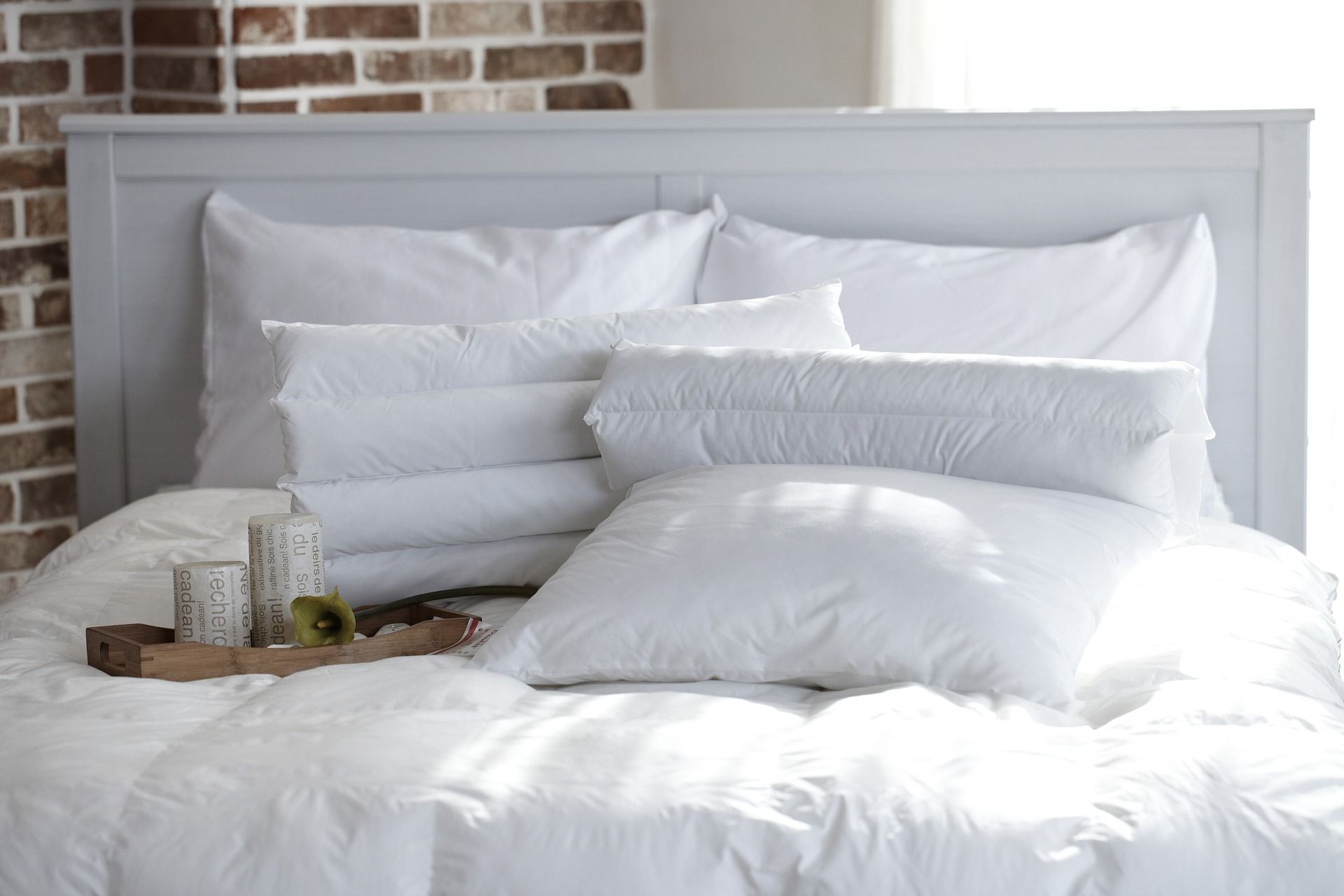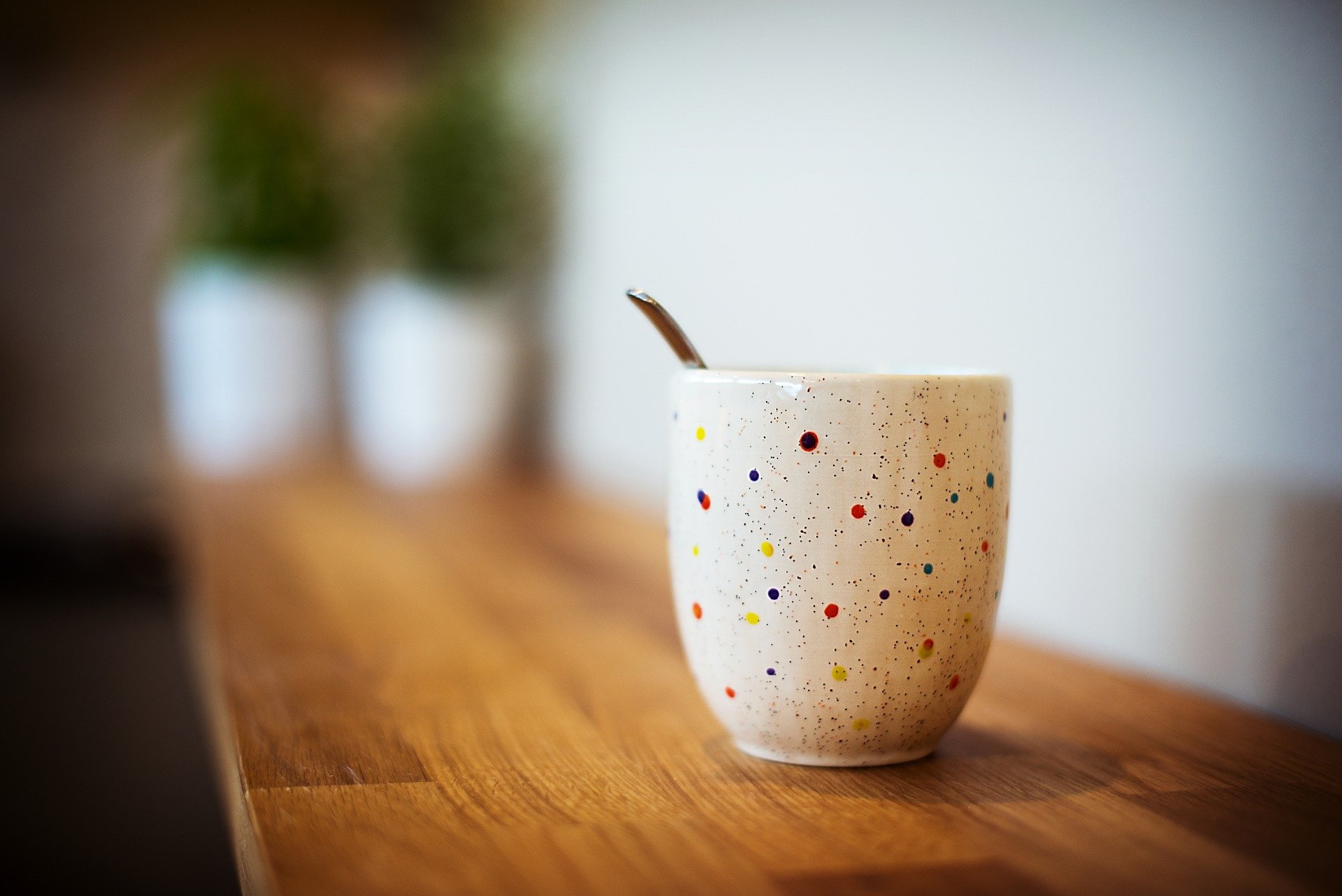As we all know, resilience and self-care are so important. This is especially true at the moment. Many of us will be making new year's resolutions - maybe self-care could be yours; a powerful skill for your life.
As a leader it is vital to lead by example - if you want to help those you lead to be more resilient you should first learn how to be more resilient yourself. It's cliché but you have to 'walk the walk'.
Self-care and resilience are very similar. They are both things we can do to influence how we feel and how we handle what the world throws at us.
What are some of the most important elements of self-care?
Sleep
"As many as 16 million UK adults are suffering from sleepless nights and a third (31%) say they have insomnia, initial findings from Aviva’s upcoming Wellbeing Report reveals. Almost half (48%) agree they don’t get the right amount of sleep."
You can read the full article here.
We all know that sleep is important. Do you notice how after a couple of restless nights your ability to cope goes down, you feel sluggish, unable to keep up with the demands of modern life? You may be easily irritated by things you could normally ignore and not enjoy things as much as you normally do. During the pandemic, stresses abound: are they making this worse? There are things you can do to get the sleep you need.
Build a sleep routine (and stick to it!)
- Limit screen time before bed! It is said that blue light from our devices can increase our alertness - not ideal when winding down after a long day. Why not try reading a book/listening to a podcast?
- Avoid caffeine and alcohol long before bed. Why not try a caffeine-free cup of tea instead?
- If you wake up in the night - do not reach for your phone! Instead you can try completing your night-time routine from scratch.
- Don't eat too close to going to sleep as this can also keep you awake.

Work-life balance
Zoom fatigue is something that is being talked about more and more. But what is it?
Back-to-back meetings, staring at faces on a screen, focusing more intensely than you would in face-to-face meetings.
Harvard Business Review have outline 6 ways you can address Zoom fatigue:
1. Avoid multitasking!
It can be really tempting to answer an email quickly while in a virtual meeting. Unless it's urgent, emails can wait.
2. Take breaks
Just because you are not travelling between meetings doesn't mean they should run back to back. It is important to have time for your mind to rest.
3. Reduce online distractions
It is okay to turn your video off and simply listen to whoever is speaking.
4. Do not make virtual social events compulsory
After a full day of online meetings you can feel exhausted. Social events should not be compulsory.
5. Don't use video if you don't have to
Could you hold the meeting by phone?
6. Try to avoid video calls with people you do not know
You may feel more at ease with a phone call instead.
You can read the full article here.
- Why not try a 'digital detox' this weekend? Turn all your screens off for 24 hours or the whole weekend and see how it makes you feel.
- Try and find joy in the little things. Why not try an 'awe walk'? See what you notice around you that you have never noticed before.
Whenever I am feeling overwhelmed, I find getting out for a walk helps to remind me that whatever is stressing me is temporary, that there is a whole world out there full of beautiful, exciting things and that everyone has things they are going through.

Diet and exercise
- Eat well: are you giving your body the right nutrition? Eating the wrong food can impact on our mood and health in the long term.
- Limit alcohol: drinking can not only make you feel a little worse for wear the next day, but drinking just before bedtime will prevent you from entering restful sleep.
- Exercise is important for improving our mental health as well as our physical health. It helps our body to sweat out toxins.
We would love to hear from you! How do you practice self-care?



.jpg)

